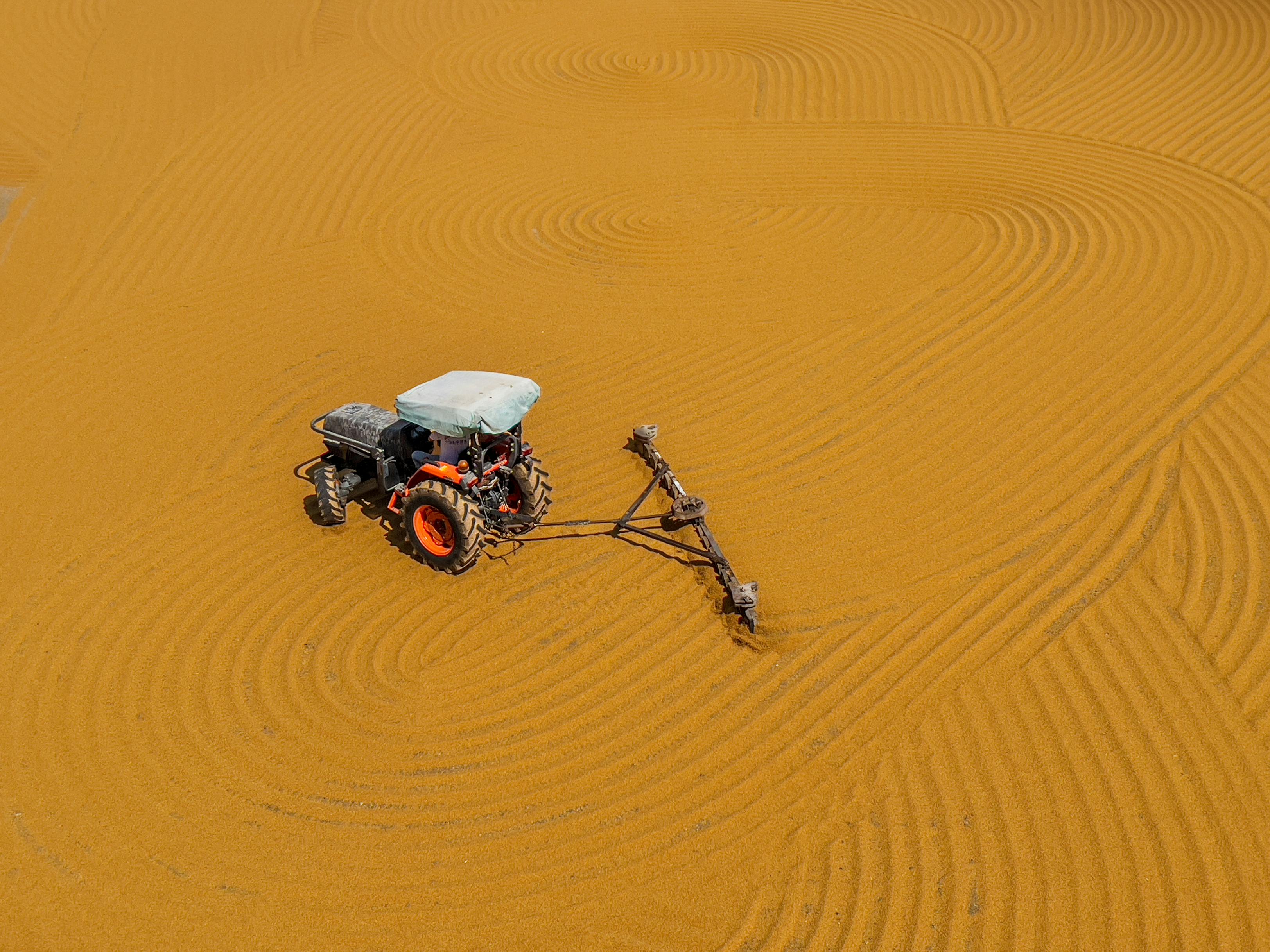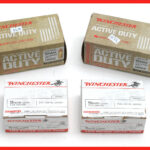There are many different types of reagents, or compounds that react with chemicals to produce other compounds. There are two basic types of reagents: oxidants and reductants. Oxidants will turn a chemical into another chemical. If you mix two substances containing an acid (for example, vinegar and baking soda), the acid will react with the baking soda, turning it into carbon dioxide gas. The vinegar acts as an oxidant, causing the baking soda to become carbon dioxide. Similarly, oxidizing reagents such as hydrogen peroxide, potassium permanganate, and mdma crystal chlorine bleach act as oxidants, oxidizing metals to oxides and other substances to other substances. Reductants are substances that will turn one chemical to another. In baking, a dough will stick to the pan because the gluten in the dough has been chemically transformed by heating to create long chains of amino acids, called polypeptides. Some of these amino acids are strong enough to hold onto the pan. In chemistry, reagents are often necessary for testing reactions to determine what substances are produced or how much is present.
Home To Trending Blogs






